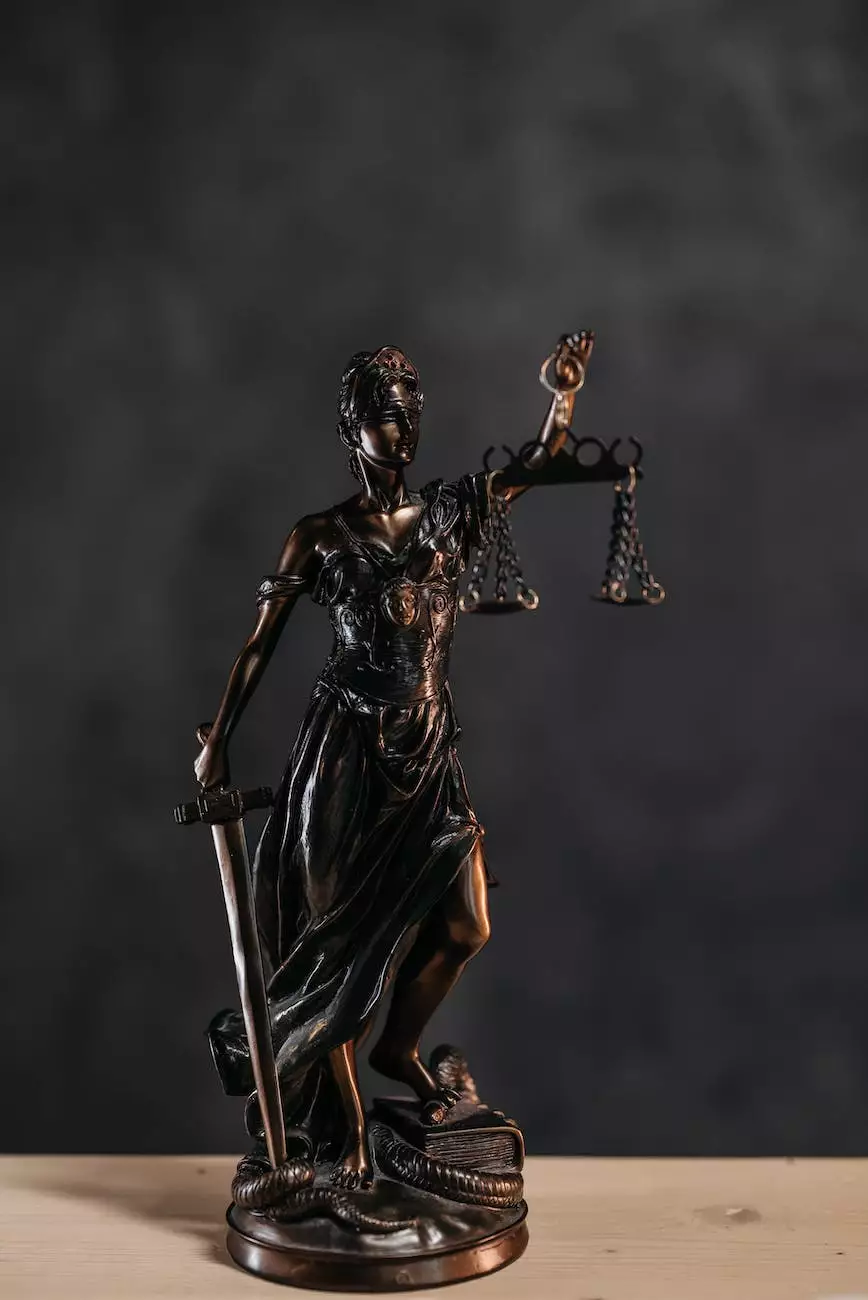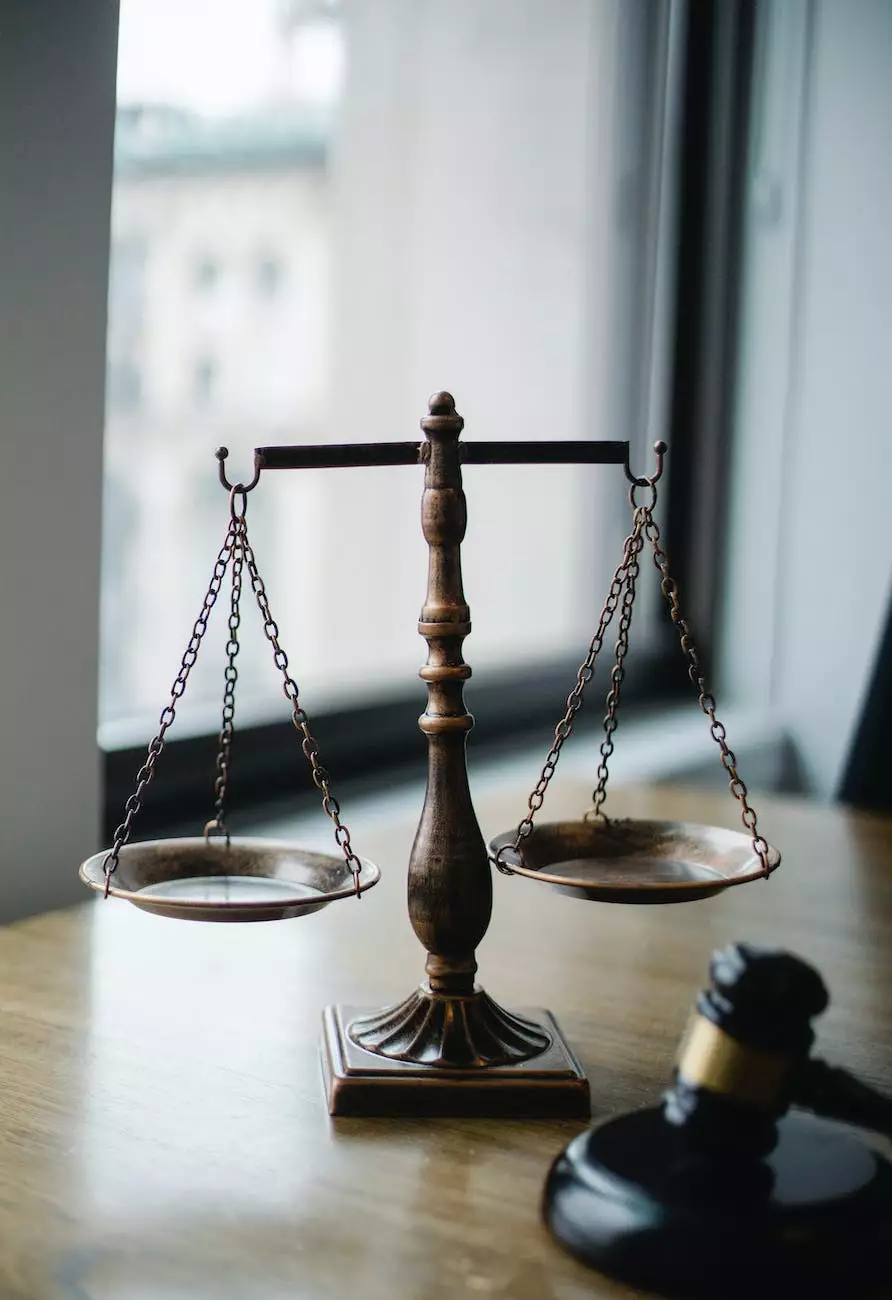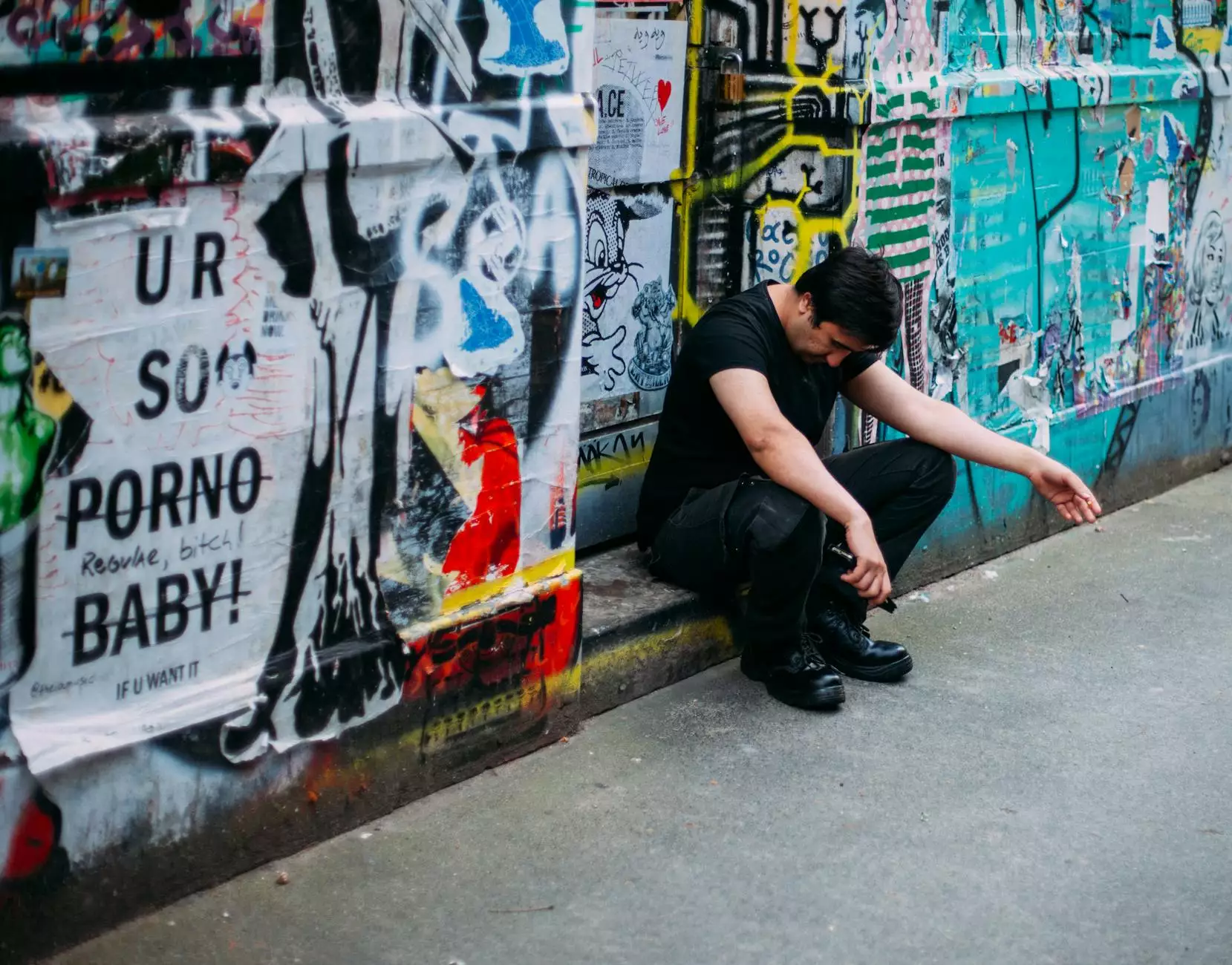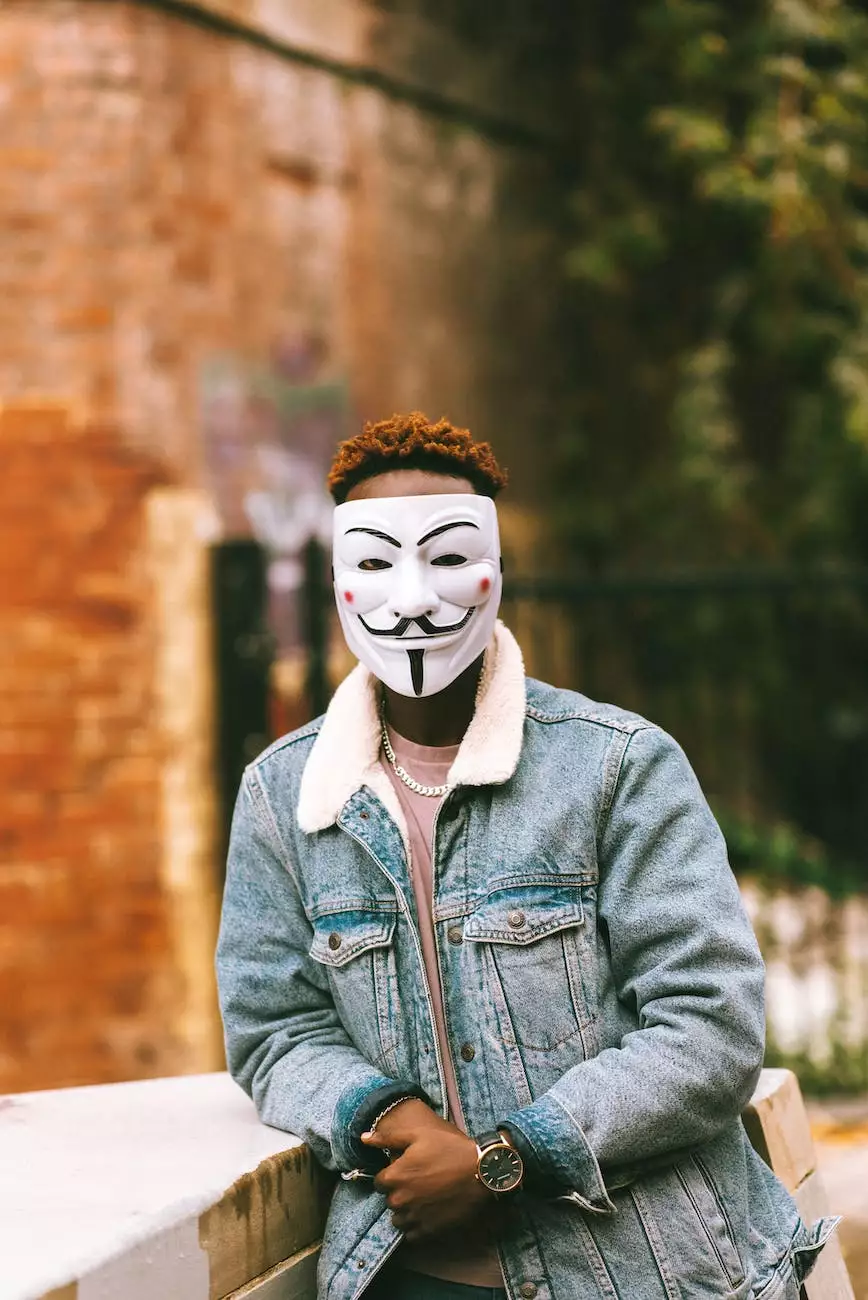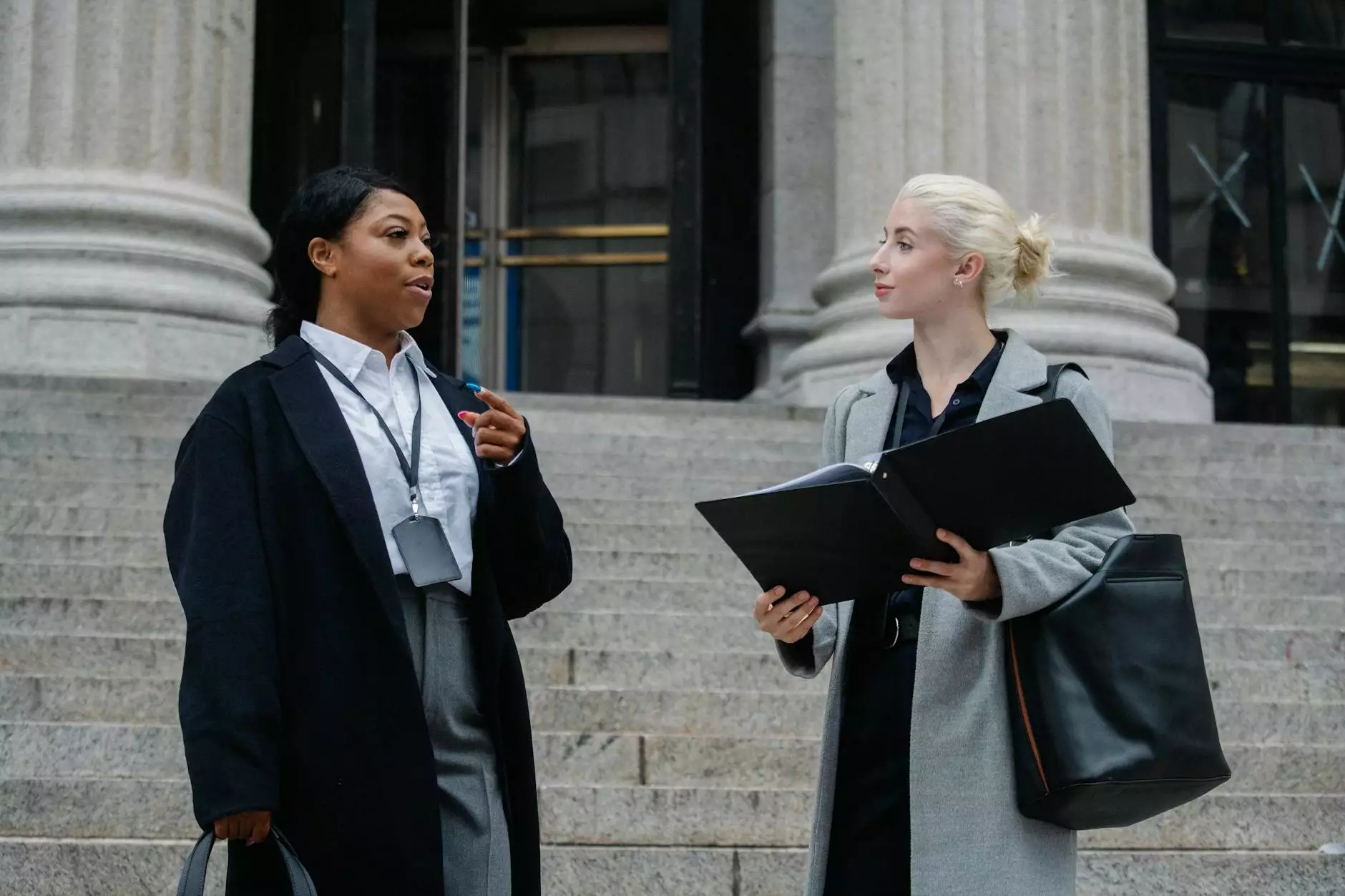Police & NJ Troopers: Body Cams Must Comply With Policies

Welcome to The Skiendziul Law Firm, your trusted source for legal advice in the area of law and government. In this article, we will discuss the new policies that require police officers and NJ troopers to comply with when wearing body cameras. Stay informed and ensure you are following the regulations to protect yourself and your organization.
The Importance of Body Cameras for Police Officers and NJ Troopers
Body cameras have become an essential tool for law enforcement agencies across the country. They provide an unbiased recording of encounters between officers and the public, serving as valuable evidence in criminal investigations, resolving disputes, and promoting transparency.
Law enforcement agencies recognize the benefits of body cameras in enhancing public trust and accountability, which is why many have implemented policies that require officers and troopers to wear them during their duties.
New Policies and Regulations
The introduction of body cameras brings with it the need for specific policies and regulations to ensure their effective and ethical use. Law enforcement agencies, including the police and NJ troopers, must comply with these policies to maintain the integrity of the recorded footage and protect the rights of all parties involved.
Storage and Retention
One key aspect of body camera policies is the storage and retention of the recorded footage. Agencies must establish guidelines for how long the footage should be kept and the appropriate methods for securely storing it.
Typically, footage related to ongoing investigations or court cases should be retained for a longer period, while non-relevant footage should be deleted within a specified timeframe. These policies are crucial in maintaining the privacy of individuals and ensuring compliance with data protection laws.
Data Access and Privacy
Another important consideration is the access to and privacy of the recorded footage. Strict protocols should be in place to control who can access the footage and under what circumstances.
Agencies must also respect the privacy rights of individuals captured in the recordings. Policies should outline restrictions on the public release of footage and specify instances where consent is required for recording in private settings.
Training and Accountability
To ensure the proper use of body cameras, law enforcement agencies must provide comprehensive training to officers and NJ troopers. Training programs should cover topics such as when to activate the cameras, how to handle sensitive situations, and the correct use of the equipment.
Additionally, agencies should establish mechanisms for reviewing and evaluating the recorded footage to hold officers and troopers accountable for their actions. Regular reviews can help identify areas for improvement, address misconduct, and maintain the integrity of the recording process.
How The Skiendziul Law Firm Can Help
At The Skiendziul Law Firm, we understand the complex legal landscape surrounding body cameras and the policies that govern their use. Our team specializes in law and government, providing expert advice and representation to law enforcement agencies, officers, and troopers.
If you have any questions or concerns about the new policies regarding body cameras, we are here to help. Our knowledgeable attorneys can guide you through the regulations, ensuring your compliance and protecting your rights.
Contact Us
Reach out to The Skiendziul Law Firm today to schedule a consultation or learn more about how we can assist you. We are dedicated to providing top-notch legal services in the area of law and government.
Remember, compliance with the new policies is imperative for law enforcement agencies, police officers, and NJ troopers. Stay up-to-date with the latest regulations and make sure your body camera procedures align with the highest standards of accountability and transparency.

